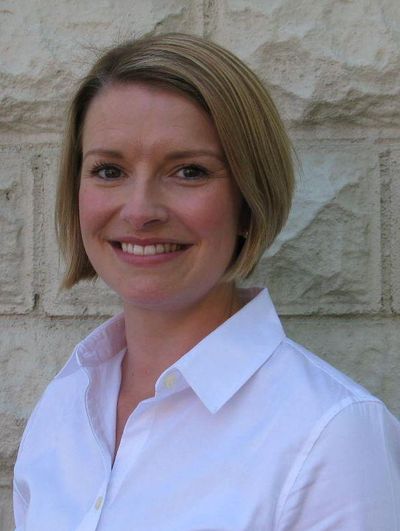Idaho campaign finance initiative falls short, won’t make ballot

BOISE –A campaign finance reform initiative that promised to change the role of money in politics in Idaho has fallen short of the number of verified signatures needed, and won’t be on the November ballot.
Backers collected roughly 79,000 signatures, well over the 47,623 required. But enough signatures were disqualified – largely for not having current addresses – to fall short by about 5,000 signatures.
No initiative has qualified for the Idaho ballot since state lawmakers in 2013 imposed the requirement to get 6 percent of registered voters’ signatures from each of at least 18 of the state’s 35 legislative districts. Gov. Butch Otter signed that bill into law just five months after Idaho voters overwhelmingly supported three measures to overturn controversial school-reform laws championed by Otter and then-state schools Superintendent Tom Luna. It was the first time Idaho voters had overturned laws passed by the Legislature since the 1930s.
But the campaign-finance initiative didn’t even get to the point of checking for the legislative-district distribution, because it didn’t reach the total number of verified signatures required.
“The county clerks did a really fantastic job being diligent about that review, and they were great to work with,” said Holli Woodings, chairwoman of the initiative campaign. “But we just didn’t have enough valid signatures.”
Woodings added that the geographic distribution requirement “wasn’t as much of an issue as we had maybe originally thought.” Instead, she said a failure by residents to change their voter registration when they move “really (was) the poison pill in this.”
Typically, about 40 percent of signatures gathered on initiative petitions have been disqualified, largely because the signer either wasn’t registered to vote or had moved since they last registered, meaning their current address listed on the petition didn’t match current voter registration records. Organizers are still double-checking the final tallies, but it appears that the percentage disqualified for this initiative drive was even higher – around 46 percent.
Chief Deputy Idaho Secretary of State Tim Hurst said he heard from counties that wrong addresses were the top reason for disqualifying signatures on the petitions, “and the main reason for that was that people have moved and not re-registered. The problem we have in Idaho, with election day registration, is that many people know that they can re-register on election day, so they don’t go in beforehand to make the change.”
But if their signature on a petition doesn’t match their current voter registration record, they’re not qualified electors – and their signatures don’t count. “Even the same apartment complex, just move two apartments down – it’s a different address,” Hurst said.
Hollings said other states don’t have that rule.
The campaign finance initiative sought to make extensive changes in the role of money in Idaho politics, including strict restrictions on campaign contributions from those holding or seeking big state contracts; banning pricey lobbyist gifts to lawmakers; and cutting contribution limits and doubling penalties for violations.
If passed, it would have given Idaho its first “revolving door” law banning paid lobbying within one year after leaving public office and would have required all campaign finance reports to be submitted electronically and posted online immediately in machine-readable, searchable form.
Woodings pointed to an Idaho poll conducted by independent Utah pollster Dan Jones & Associates, released last Sunday, that showed 79 percent support for changes like those in the initiative.
“I think that now that we know that this is an important issue to Idahoans, we’ll keep on with this work,” Woodings said.
Woodings said she’s spoken with Idaho Secretary of State Lawerence Denney about possibly proposing some of the measure’s proposals as legislative changes next year. She acknowledged, however, that some of the changes would be difficult to get through the Legislature, and said that’s why the citizens initiative process is important.
A former Democratic state representative from Boise and a former unsuccessful candidate for Idaho secretary of state in 2014, Woodings said the initiative’s proposed ban on lobbyist gifts to lawmakers alone would be “a huge change,” ending practices like lawmakers attending a summer golf tournament-fundraiser and being “put up in expensive hotels and taken to fancy dinners” by lobbyists.
Woodings’ group raised $229,543 in contributions, spent $188,468 on its signature-gathering drive and had $41,075 on hand at the close of the post-primary election reporting period with $6,211 in debt. Its biggest contributions came from a half-dozen out-of-state individuals who each gave at least $20,000; the campaign also received $25,000 from End Citizens United-Federal, a political action committee in Washington, D.C. Its biggest in-state donation was $5,000 from a Sandpoint couple.
The initiative was one of five being run in states around the nation, in coordination with Every Voice, a Washington, D.C., organization founded about 20 years ago that focuses on campaign finance reform and works, according to its website, to “give everyday people a bigger voice in politics.”